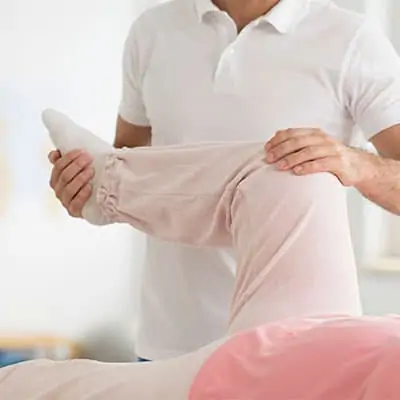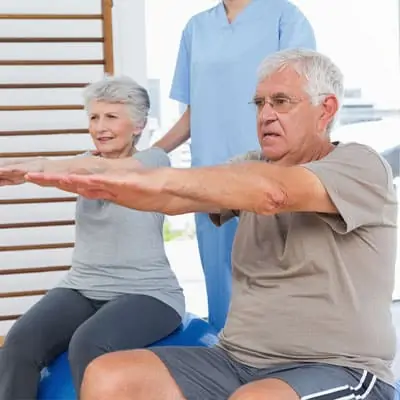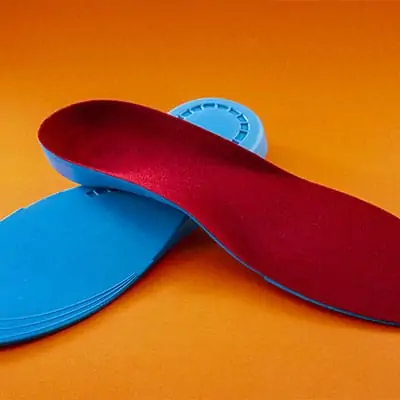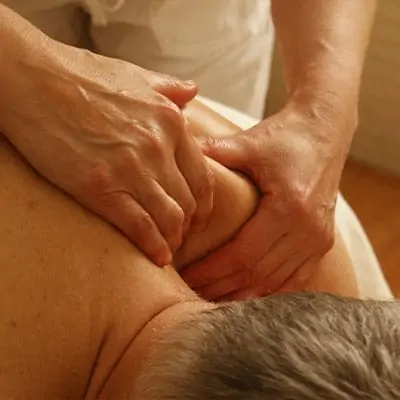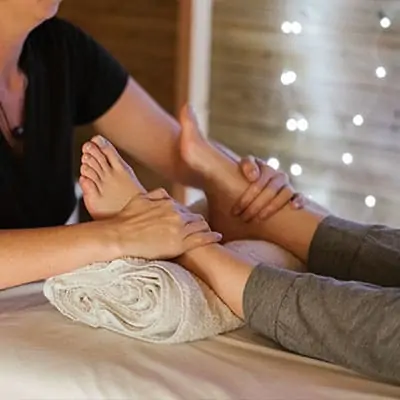Welcome to Cambridge Physiotherapy & Rehab Center, your go-to place for kyphosis treatment in Cambridge. Our spine health experts provide personalized care, using advanced therapeutic techniques to correct spinal curvature, reduce pain and enhance your quality of life.
Understanding Kyphosis
Kyphosis is a spinal condition characterized by an excessive outward curve of the spine, resulting in a noticeable hunchback or slouched posture. This condition can arise from developmental issues, degenerative diseases, osteoporosis, or injury, and can affect individuals of any age. Symptoms often include back pain, stiffness, and reduced mobility, which can impact daily activities and overall well-being.
Symptoms of Kyphosis
Individuals with kyphosis may experience:
- Visible Hunching: An exaggerated curve in the upper back.
- Back Pain and Stiffness: Discomfort that worsens with prolonged standing or sitting.
- Fatigue: Due to the extra effort needed to maintain posture.
- Reduced Flexibility: Difficulty bending or twisting the back.
- Breathing Difficulties: In severe cases, the spinal curve can affect lung function.
Causes of Kyphosis
Kyphosis can be attributed to several factors, including:
- Postural Issues: Poor posture, especially during adolescence, can lead to postural kyphosis.
- Scheuermann’s Disease: A condition that affects the growth of the spinal vertebrae, leading to a rigid spinal curve.
- Osteoporosis: Bone weakening that can cause vertebral fractures and curvature.
- Degenerative Disc Disease: Wear and tear on the spinal discs can result in a kyphotic posture.
- Congenital Issues: Spinal abnormalities present at birth may develop into kyphosis.
Personalized Physiotherapy for Kyphosis
At Cambridge Physiotherapy & Rehab Center in Cambridge, our approach to treating kyphosis is rooted in a comprehensive understanding of your unique condition and needs.
Customized Treatment Plans
Your treatment journey includes:
- Targeted Strengthening Exercises: Focusing on building the muscles that support the spine to improve posture and reduce discomfort.
- Flexibility Routines: Enhancing spinal mobility through specific stretches that target tight areas contributing to the curvature.
- Postural Training: Educating on correct posture both in motion and at rest to prevent further progression of kyphosis.
- Pain Relief Strategies: Employing manual therapy techniques and other modalities to address pain and improve function.
Comprehensive Support and Rehabilitation
Our commitment to your recovery extends beyond symptom management:
- Continuous Monitoring: Regularly assessing your progress and adjusting your treatment plan as necessary.
- Educational Resources: Providing information on managing kyphosis and preventing further spinal issues.
- Holistic Health Advice: Recommendations on lifestyle adjustments to support your treatment, including dietary tips and activities to maintain spinal health.
The Full Range of Services at Cambridge Physiotherapy & Rehab Center
Cambridge Physiotherapy & Rehab Center offers a broad spectrum of services to address various health conditions, supporting your journey to a healthier, more active life.
Why Choose Cambridge Physiotherapy & Rehab Center for Kyphosis Treatment?
Opting for Cambridge Physiotherapy & Rehab Center in Cambridge for kyphosis treatment means choosing a pathway led by expertise, compassion, and a commitment to your well-being:
- Expert Team: Our healthcare professionals possess deep knowledge of spinal conditions and are equipped with the latest in treatment methodologies to offer you the highest standard of care.
- Customized Care Plans: Understanding that kyphosis affects everyone differently, we develop personalized treatment strategies that target your specific symptoms and challenges.
- Innovative Treatments: We utilize advanced therapeutic options to provide effective relief and promote spinal health.
- Dedicated Support: From initial assessment to full recovery, we’re with you every step of the way, offering guidance, support, and education to ensure the best possible outcomes.
Regain Your Strength and Confidence
If kyphosis is impacting your life, don’t wait to seek help. Contact Cambridge Physiotherapy & Rehab Center in Cambridge today to begin your journey toward a straighter spine and improved health. Our dedicated team is ready to assist you in achieving better posture, relief from pain, and a more active lifestyle.
Find Lasting Relief From These Spinal Conditions
|
|
Kyphosis Treatment Cambridge FAQs
How Long Will It Take to See Improvement in My Condition?
Improvement timelines can vary widely among individuals receiving kyphosis treatment, depending on factors such as the curvature’s severity, the specific treatment methods employed, and the client’s adherence to their therapy regimen. Some may notice improvements in posture and reductions in pain within a few weeks, while significant changes, especially in spinal curvature, may take longer to manifest. Consistent engagement with your physiotherapy program and incorporating recommended lifestyle changes are key to achieving the best outcomes. Your healthcare provider will continuously monitor your progress and adjust your treatment plan as needed.
Can Kyphosis Come Back After Treatment?
The risk of kyphosis returning or progressing after treatment depends on the condition’s underlying cause, the effectiveness of the treatment received, and ongoing maintenance practices. Adhering to physiotherapy exercises, maintaining good posture, and implementing recommended lifestyle changes can significantly reduce the likelihood of recurrence. Regular follow-up appointments with your healthcare provider can help monitor your condition and address any potential issues early. It’s important to continue practices that support spinal health even after symptoms have improved to maintain the benefits of treatment long-term.
What Daily Activities Should I Modify to Support My Kyphosis Treatment?
Modifying certain daily activities is crucial in supporting your kyphosis treatment and preventing further progression of the condition. Prioritize maintaining good posture while sitting, especially if your job involves long periods at a desk. Choose chairs that provide proper lumbar support and keep your computer monitor at eye level to avoid straining your neck. When lifting objects, use your legs rather than your back to prevent undue stress on your spine. Incorporating breaks into your day to stretch and walk around can also relieve pressure on your back and contribute to overall spinal health. Your physiotherapist will provide personalized recommendations based on your specific needs.
How Can I Improve My Posture to Help Treat Kyphosis?
Improving your posture is a key component in treating kyphosis effectively. Focus on exercises that strengthen the core and back muscles, as these provide the support needed for maintaining an upright posture. Be mindful of your posture throughout the day, especially when sitting for long periods—keep your back straight, shoulders back, and ensure your feet are flat on the ground. Regularly practicing posture-improving exercises recommended by your physiotherapist can make a significant difference. Additionally, using ergonomic furniture that promotes proper posture can help reinforce these habits.
Cambridge Physiotherapy & Rehab Center
895 Langs Dr Unit #2, Cambridge, ON N3H 5T6, Canada
(519) 219 5428
Hours:
Monday: 9 AM–5 PM
Tuesday: 9 AM–8 PM
Wednesday: 9 AM–5 PM
Thursday: 9 AM–8 PM
Friday: 9 AM–5 PM



